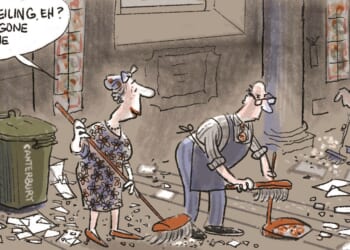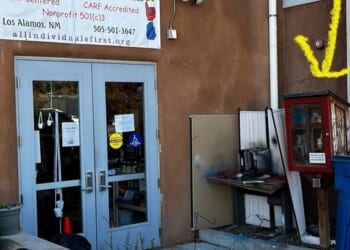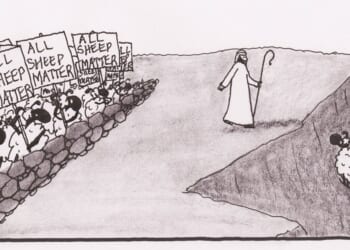In honor of Veterans Day today TCM will play The Best Years of Our Lives this afternoon at 5:00 p.m. (Eastern). I want to draw from my previously posted comments on the movie to recall it briefly with a little background provided by Mark Harris.
Harris tells the highly improbable story behind the making of the film in Five Came Back, his excellent account of the prominent directors who volunteered to use their filmmaking skills in the armed forces during the World War II (John Ford, William Wyler, John Huston, Frank Capra, and George Stevens). Harris’s account of The Best Years of Our Lives offers a sort of capstone to the story.
The film tells the story of three veterans returning from the war. The idea for the film was Samuel Goldwyn’s; he commissioned MacKinlay Kantor to write a screenplay. Instead Kantor turned in a treatment in blank verse.
Goldwyn somehow thought to solicit playwright and Roosevelt confidant Robert Sherwood to draft a screenplay based on Kantor’s treatment. Sherwood declined, but Goldwyn persisted. Goldwyn also turned to William Wyler — one of the five who came back in Harris’s telling — to direct. Wyler enlisted the great cinematographer Gregg Toland to film it, and Toland’s contribution was invaluable.
Wyler had virtually lost his hearing while serving on the Memphis Belle in Europe during the war. Wyler’s 1944 documentary The Memphis Belle: A Story of a Flying Fortress is posted on YouTube.
Wyler jumped at Goldwyn’s offer and worked with Sherwood to shape the screenplay. Indeed, as Harris demonstrates, Wyler poured himself each of the film’s three leading characters. “As they collaborated,” Harris writes, “The Best Years of Our Lives gradually evolved into Wyler’s own story.”
If you’ve seen the film, you haven’t forgotten the performance of Harold Russell. While serving as an Army instructor, Russell had lost his hands handling explosives in a training accident. In the film his efforts to return to his prewar life hold a special challenge.
Goldwyn doubted that they would be able to find an amputee to play the role and said so in his pungent style: “You can’t have a Jew playing a Jew, it wouldn’t work on screen.” The disabled veterans visited by Wyler in search of the right man to play the part shared Goldwyn’s skepticism.
Wyler found Russell in a documentary made during the war. The documentary is posted on YouTube here. Harris quotes Russell’s words in the documentary: “I got [my injury] on D-Day, all right, but it was in North Carolina when half a pound of TNT exploded ahead of schedule. I didn’t have a German scalp hanging from my belt. I didn’t have a Purple Heart. I didn’t even have an overseas ribbon. All I had was no hands.” It wasn’t long before he had an Academy Award (actually, two of them) for his performance in the film, which swept the Oscars for 1946.
Russell lived a long life, dying in 2002. Here is his New York Times obituary.
Below is a clip depicting former bombardier Fred Derry (Dana Andrews) confronting his demons. Like Wyler, Fred flew B17s in the war. They didn’t have a word for PTSD at the time, but Fred was wrestling with it.
Earlier this year I confessed to Jack Fowler that I’ve seen the movie over and over and it still chokes me up. Jack let me know he has me beat: “I’ve seen Best Years probably 40 times.” He added: “I think Frederic March plays the best non-comic drunk in any movie. The mom choking up when she sees her son’s hands…yeah, I choke up then too. Every time. Every scene is great…I love when Teresa Wright’s hat falls off at the end — she was in the moment.” Hoagy Carmichael is at the piano in the scene (below).
In his interview with Coleman Hughes this week (posted here on YouTube), Victor Davis Hanson recalled the scene in which Homer Parrish’s loss of his arms is denigrated in front of Fred by the soda fountain customer who earnestly instructs Homer, “We fought the wrong people, that’s all.”
Homer asks him, “Look here, Mister, what are you selling, anyway?” The customer claims not to be selling anything but “plain, old-fashioned Americanism.”
Fred is the soda jerk working behind the counter. He comes to Homer’s defense, jumping over the counter to deck the customer. He explains to his boss as he strips off his apron, “Don’t say it, chum. The customer is always right, but this customer wasn’t right.” I thought until recently that this scene might be unrealistic, but Tucker Carlson has made it real.

















